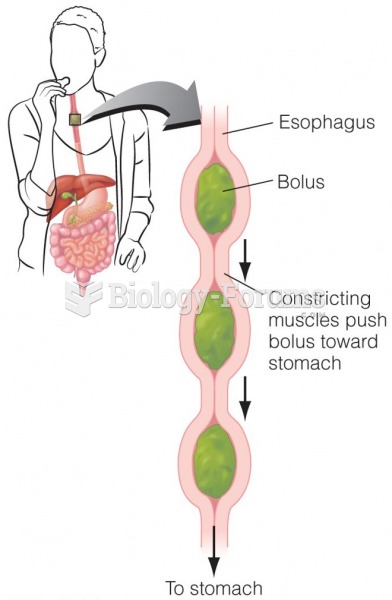Answer to Question 1
Correct Answer: 1
Rationale 1: Decreased motility of the GI tract is a common change seen with aging.
Rationale 2: Intestinal transit time increases with aging. It does not decrease.
Rationale 3: Absorption of medications and nutrients decreases with aging.
Rationale 4: Gastric acid production decreases with aging.
Global Rationale: Decreased motility of the GI tract is a common change seen with aging. Intestinal transit time increases with aging. It does not decrease. Absorption of medications and nutrients decreases with aging. Gastric acid production decreases with aging.
Answer to Question 2
Correct Answer: 4
Rationale 1: Binding to plasma proteins such as albumin is typically decreased, not increased, with age. Additionally, an increase in protein binding would result in diminished, not exaggerated, effects.
Rationale 2: Hepatic metabolism is typically decreased, not increased, with age. Additionally, an increase in metabolism would result in diminished, not exaggerated, effects.
Rationale 3: Intestinal transit time is increased due to the decrease seen in gastrointestinal motility. Additionally, the increase in intestinal transit time would diminish, not exaggerate, the effect of medications.
Rationale 4: Declining efficiency of the bloodbrain barrier could explain an increase in the effects of drugs that work in the brain such as anticonvulsants or antidepressants.
Global Rationale: Declining efficiency of the bloodbrain barrier could explain an increase in the effects of drugs that work in the brain such as anticonvulsants or antidepressants. Binding to plasma proteins such as albumin is typically decreased, not increased, with age. Additionally, an increase in protein binding would result in diminished, not exaggerated, effects. Hepatic metabolism is typically decreased, not increased, with age. Additionally, an increase in metabolism would result in diminished, not exaggerated, effects. Intestinal transit time is increased due to the decrease seen in gastrointestinal motility. Additionally, the increase in intestinal transit time would diminish, not exaggerate, the effect of medications.







